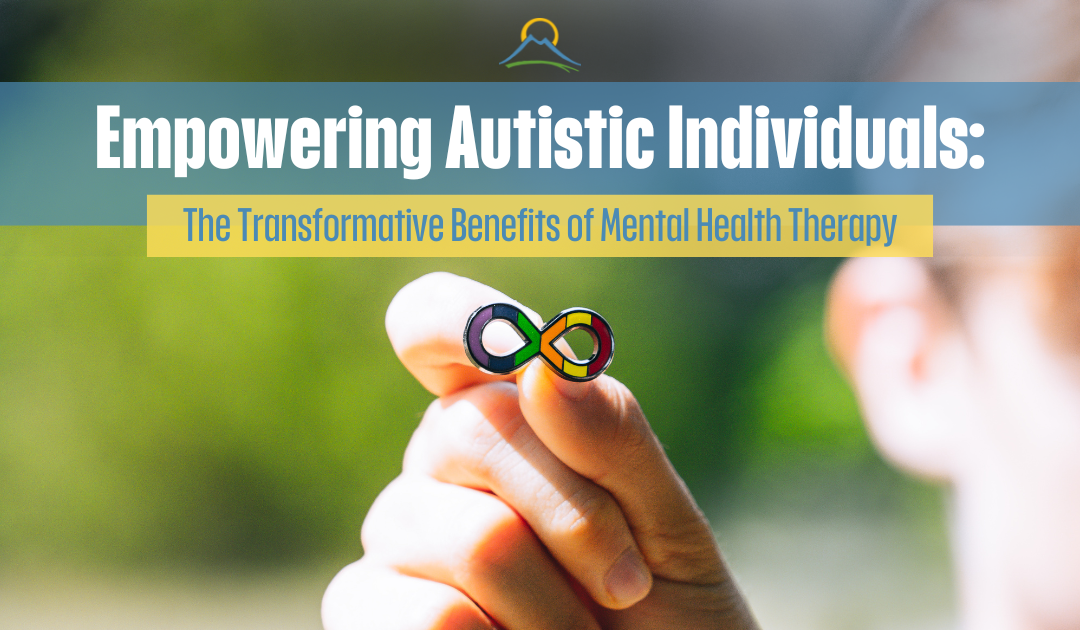I have a confession. I used to view self-talk as self-deception.
When I was a teenager, I learned positive self-talk from a teacher. I resisted it because she taught me to feed myself sugar-coated messages to feel better. I didn’t appreciate the power of effective self-talk. It just did not make sense to repeat I am brave, and I can do it in my mind when I was nervous about an upcoming table tennis match. At that time, it also did not make sense to change the way I think while my perceived reality is so true.
Or, is it the only reality?
Dysfunctional Thinking
We view the world with different lenses. Many factors shape how we view the world and ourselves, including the environment we were raised in, family dynamic, and race, etc. Usually, dysfunctional thinking happens when we are so caught up in one way of thinking that we ignore others.
For example, people raised in a strict family may think the only way to be liked is to follow every rule and to be compliant. While in reality, there are other ways people can be liked, depending on who they interact with. So, when they live in a world where assertiveness and leadership are highly valued, they have a hard time navigating the new cultural norm.

Speaking from a mental health perspective, some people might view having a job is everything in their life. Therefore, at the moment when they get laid-off, their world collapses, and so does their self-esteem.
However, some people manage to overcome the loss by making effective self-talk. And this is something we can learn, too.
Not until I started learning effective self-talk in my psychology course in college did I understand the accurate way to apply it. Besides, it is a research-based, cognitive “switch” that changes how we perceive ourselves.
Enhanced Emotional Intelligence Through Effective Self-talk
Research on college students has shown that effective self-talk enhances emotional intelligence. It leads to better handling of emotions and improves many aspects of life, such as relationships and career. In other words, talking to our inner selves allows us to calm down and to be in touch with our feelings.
Talking positively to yourself is not just about looking on the bright side. It is more than that.
Blindly saying positive things to ourselves is not going to make us feel better. Conversely, you could feel worse if you say something that is not true to yourself. Asking a person who is feeling frustrated to repeat “I will feel better” 100 times is not only forceful but ineffective. Instead, what can help us is to find alternative interpretations that are still true.
Imagine we suddenly get laid-off from the job that we love. It is a time when we might feel sad and helpless, and if not handling well, we may fall into the vicious cycle of self-doubt and denial.
What are the alternative interpretations?
To talk to yourself effectively, we need to look for alternatives that counter the “I am not good enough” or “this is the end of my career” narratives. And most importantly, the alternatives still need to be true and relevant to yourself.
For example:
“That was my first job ever, so it was likely that I would make mistakes.”
“Many people are laid-off during the pandemic, so it is normal that I get laid-off, too. Things will be back to normal when the pandemic is over.”
Document them, maybe on a piece of paper or your phone. The purpose of this is to take your thoughts out of your head, and you can examine them objectively.

By practicing this, you will adopt a more flexible, functional thought pattern that helps you navigate life more easily.
Self-deception is talking to ourselves in a way that is far from what you consider true. Coming up with alternative interpretations, however, is considering the truths that we often overlook.
Source:
Depape, A.-M. R., Hakim-Larson, J., Voelker, S., Page, S., & Jackson, D. L. (2006). Self-talk and emotional intelligence in university students. Canadian Journal of Behavioural Science / Revue canadienne des sciences du comportement, 38(3), 250–260.







0 Comments